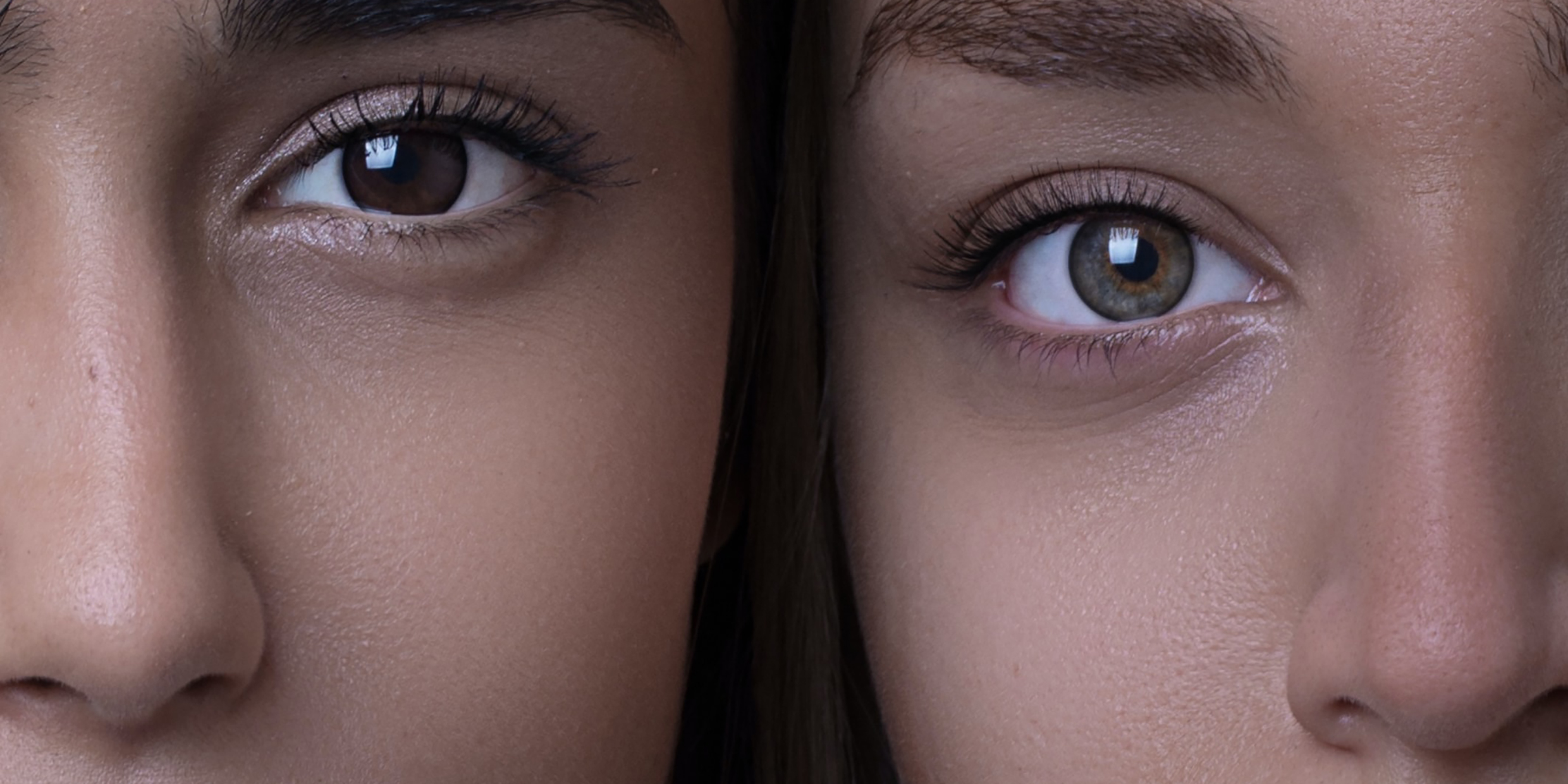Originally published 26 December 1994
Beauty, having replaced her father in the palace of the Beast, sat down to table. The board was spread with dainty morsels of every kind and delicious drinks.
Presently the Beast appeared. He sat at the opposite end of the table, neither eating nor speaking, but only watching Beauty.
When she had finished eating, he said in his gruff voice: “Do you love me, Beauty? Will you marry me?”
Beauty was much affronted by the questions, but she was a free-spirited girl and she asked: “And why would you want to marry me?”
“That should be obvious,” replied the Beast. “You’re a knockout. A real babe.”
“You beasts are all alike,” said Beauty, with a note of impatience. “You never get beyond a pretty face. Why can’t you love me for my brains? My generosity? My bravery?”
The Beast rolled his eyes, thinking, “Ah, here we go again.”
He said: “It’s not that simple, Beauty. Every psychological study has shown that men are invariably attracted to young, good-looking women. I’m a prisoner of my destiny.”
“You’re a prisoner of culture,” said Beauty irritably, for she had read Naomi Wolf, Rita Freedman, and other feminist writers who have challenged the cult of beauty.
She continued: “Or rather, I should say you are a prisoner of the market-driven media. A $30-billion-a-year diet industry. A $20-billion cosmetics industry. A $300-million cosmetic-surgery industry. A $7‑billion pornography industry. All geared toward glorifying the pretty face.“ ‘
“You’ve got hold of the wrong end of the stick, Beauty. The media and the beauty industry are merely responding to innate biological urges. A hankering for a fetching face is in the genes.”
“Poppycock,” sneered Beauty. “Sociobiological poppycock.”
“Then how do you explain the fact that infants as young as two months, with little or no exposure to cultural standards, prefer women’s faces that are rated as attractive by adults to those rated unattractive. Researchers at the University of Texas showed slides to infants and found that they looked longer at pretty faces.”
Beauty sighed: “Scientists take these silly experiments all too seriously.”
“Similar experiments with older subjects suggest that our standard of beauty is independent of culture and race. Clearly, attractiveness is not merely in the eye of the beholder. Even a beast knows a pretty face when he sees one.”
“What possible evolutionary pressure could select for beauty?”
“Anthropologist Donald Symons has proposed that beauty is averageness. If a population is well-adapted to its environment, as it will be most of the time, evolutionary dynamics should operate against extremes. People with average physical properties should have the best chance of survival, and one would have the best chance of passing on one’s genes by being attracted to and mating with partners with average properties.”
“You gotta be joking,” sneered Beauty. “Show me a guy that goes for the average gal.”
“You miss the point. Researchers have confirmed Symons’ hypothesis by taking facial photographs of a random population and averaging them on a computer. The composite face was almost always perceived as more attractive than any of the real faces. In other words, beauty is actually averageness.”
Beauty felt a bit miffed.
The Beast continued: “But apparently, averageness isn’t everything. A recent extension of the computer-composite experiments shows that although average is deemed beautiful, certain deviations from average are perceived as even more beautiful. High cheek bones and big eyes, for example.”
Beauty sneaked a glance at her reflection in a shiny soup tureen. She said: “Sounds like evolutionary psychologists want to have their cheesecake and eat it too.”
“Again, these desirable features are rated highly across diverse cultures,” said the Beast, “suggesting that our standard of beauty is at least partly genetic.”
“I don’t understand why high cheek bones or big eyes should be preferable from an evolutionary point of view,” said Beauty, weary but persistent.
The Beast found himself admiring these very features in Beauty’s face. “Certain facial characteristics may signal sexual maturity, fertility and good health,” he said, “or even a ‘cuteness’ generalized from parental protection towards their young.”
Beauty finally lost patience. (“Give me a break, Beast,” she said. “What about smell? Charisma? Cultural conditioning? There are so many variables to sexual attraction. Sounds like your scientists are trying too hard to reduce beauty to something that can be programmed into a computer. Or into genes.”
“But…”
“Let it go,” said Beauty. “Your notion of beauty is skin deep.”
Although he remained convinced of an innate standard of beauty, the Beast admired Beauty’s spunk. He tried once again. “Beauty, marry me.”
“Oh, what the hell,” she replied. “Sure, I’ll marry you.”
At which response the Beast turned into a handsome young Prince.
“Wow! What a hunk!” cried Beauty.
“Hmmm,” mused the Prince, “I was hoping you’d love me for more than my looks. My wealth, for instance.”
“Yeah,” said Beauty. “That too.”


